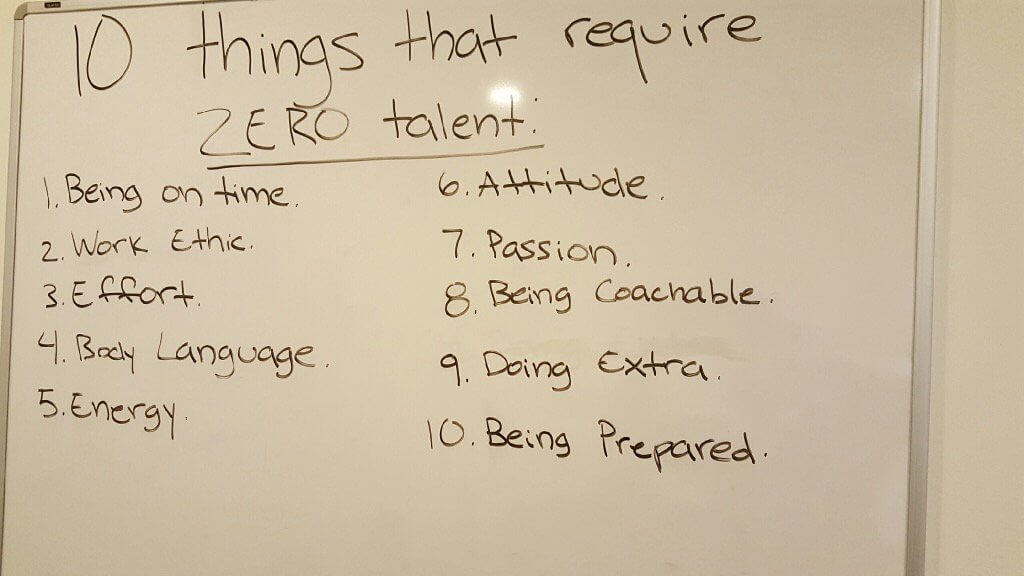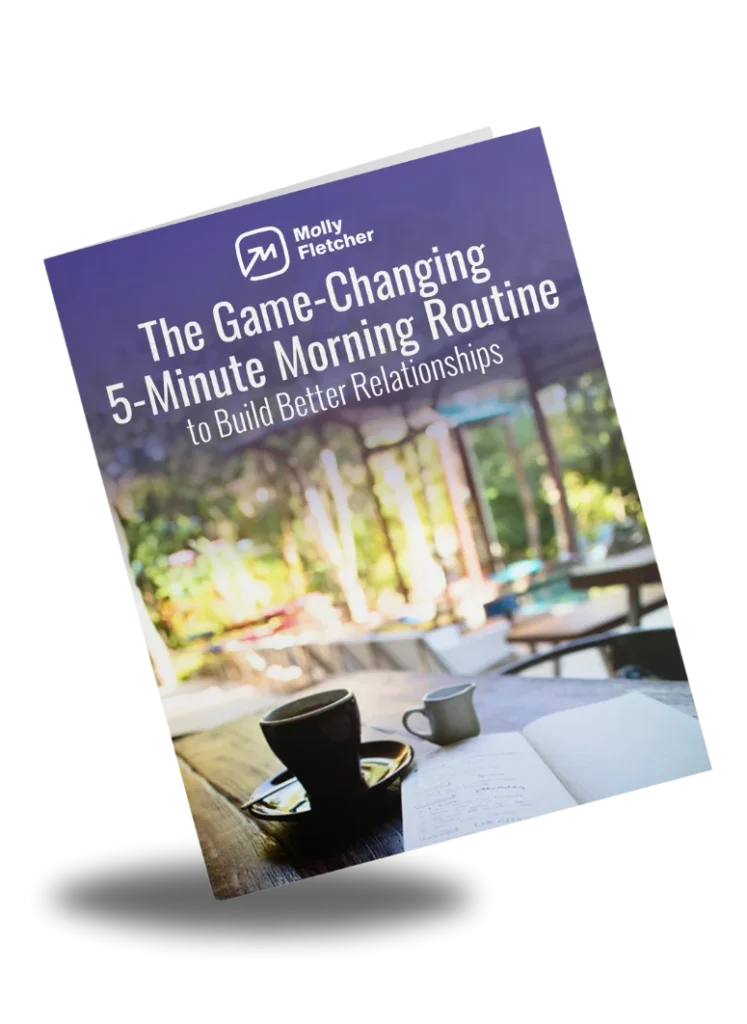 Discipline is doing what you want most; not necessarily what you want right now.
Discipline is doing what you want most; not necessarily what you want right now.
When we set goals, whether short- or long-term, we’re clear on what we want to achieve. We have goals, we create a plan, and it’s clear. Then… life happens, the phone rings, emails roll in by the minute, clients need us, colleagues need us, and, most important, our families and friends need us. Somewhere along the way people get sucked into the urgent and, at times, unimportant. They come up for air sometime later and peek at their goals, “Damn it, I am not tracking” or “This is hard” or “These are unrealistic” or they re-boot, re-clarify and re-connect to their mission. They decide to lean into the hard.
What is urgent?
An approaching RFP deadline. Your boss calling you into her office. A client’s phone call. An email marked with the annoying red exclamation point. A child home from school sick. These are things that are urgent and need to be attended to immediately.
What is important?
Fostering relationships by building value-adds with current and potential clients. Reading relavent industry news and the latest books in your field. Check-in meetings to make sure you/your company is fulfilling its purpose. These are things that are important – but don’t necessarily need to be done immediately. Yet if you neglect them, there will be consequences in the long run.
Why does it matter?
When we fail to differentiate between what is urgent and what is important, someone else’s priorities often become our own agenda. Have you ever been on the phone when a text comes in, and you stop talking so you can respond to the text? People often treat everything as urgent, when in reality, it could likely wait. When everything is urgent and you’re reacting, it can be exhausting, certainly distracting and cause us to make mistakes.
Conversely, I can think of a lot of times in my career when there are things that are urgent but not important. Delineating between the two is the key. Important are things that align with our mission and our purpose Urgent, I would argue, needs to be evaluated. Urgent is sometimes someone else’s urgent. So why is it yours? In those moments my challenge to you (and to me as well, frankly) is to pause when you get something urgent and ask yourself, “Does this align with the important? Is this something someone else can do? Or can only I do it and must it be done now?” Then proceed. What I want so much is for people to lay their heads down at night at the end of a day or week and say, “I am tracking toward what is important, not just reacting to the urgent.”
Your Game Changer Takeaway
Make a point each day to differentiate between what is important and what is urgent in your world. Find a system that works – whether it’s time-blocking, Stephen Covey’s time management matrix or something else entirely different, but that works for you. Organize your time and energy so you can be present in each situation, which can ultimately lead to fulfillment and bring you closer to your purpose.
The Molly Fletcher Company inspires leaders, teams and organizations to kick-start growth. A keynote speaker and author, Molly draws on her decades of experiences working as a sports agent. Her company’s Game Changer Negotiation Training workshops teach business people the framework for successful negotiating, so that you can close more deals while building stronger relationships. Sign up here to receive our weekly newsletter and subscribe to the Game Changers with Molly Fletcher podcast on iTunes.
















